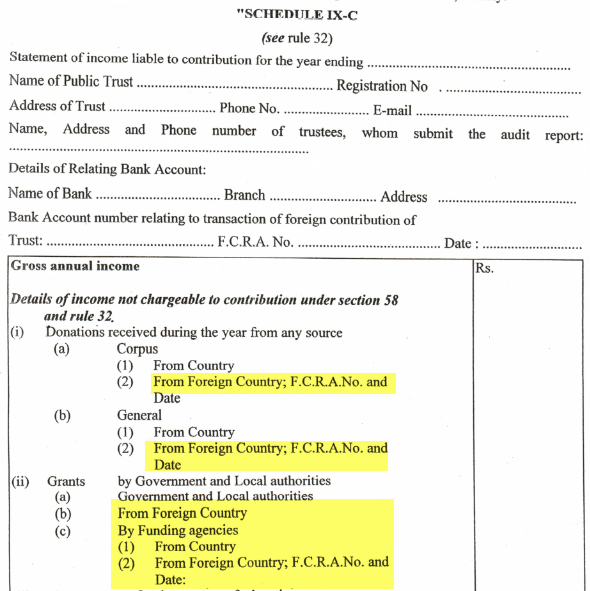Do your organization have “Board Rotation Policy” ? Many funding agency and corporate asking this question before giving funds. It sounds irrelevant, but it is not. Every donor wants 100% utilization of single rupee, he donates to you. And every donor wants that an NGO should have highly effective governance. Today let us discuss this issue of rotation of board members or trustees in NGO from various view points, get your pregnancy pillow and get comfortable.
Is it Mandatory?
First and obvious question is about its legal implications. As, there are various acts in india under which an organization can be registered, there is no such specific rule regarding board member rotation and about timing. However, this issue is mostly addressed in the Trust Deed or Memorandum of NGO. If there is a clause in your Memorandum or Trust Deed regarding change or rotation of Board Members, you must follow it strictly.
Of-course, it is beneficial
It is not mandatory to rotate board members of NGO, but the benefits of such policy are very obvious that one should follow this practice. First and foremost, it shows good governance prevail in your NGOs, if you have rotation policy at regular interval. Second, it gives impression that, your NGO is having separate identity than only one or two individual founder members. It gives NGO more life span, when second generation leaders are trained this way.
Rotation or Change?
Depends upon the scenario and what mentioned in Trust Deed. However, only changing designation of same persons over years will definitely gives sense to Donor about just implementing policy on paper and not in true senses. Thus, it is better to have a proper policy for mixture of both rotation and change.
What is best “Board Rotation Policy”
The best policy is one which include robust period for the person to be in the board of the trust. Good boards should always have agreed terms of office so that there is a regular turnover of trustees and boards remain vibrant. Two terms of three years with a review at the end of the first term is fairly typical. NGOs should adopt this as best practice.
Let the world knows – Disclouser
Once you have a policy for board rotation in your NGO, it is best practice to put the same in your Annual Return under some Compliance or Good Practice page.
Hope this will help you in your NGO, if you have any question, you can ask here or chat with us. Also your comments are welcome on the above subjects.






